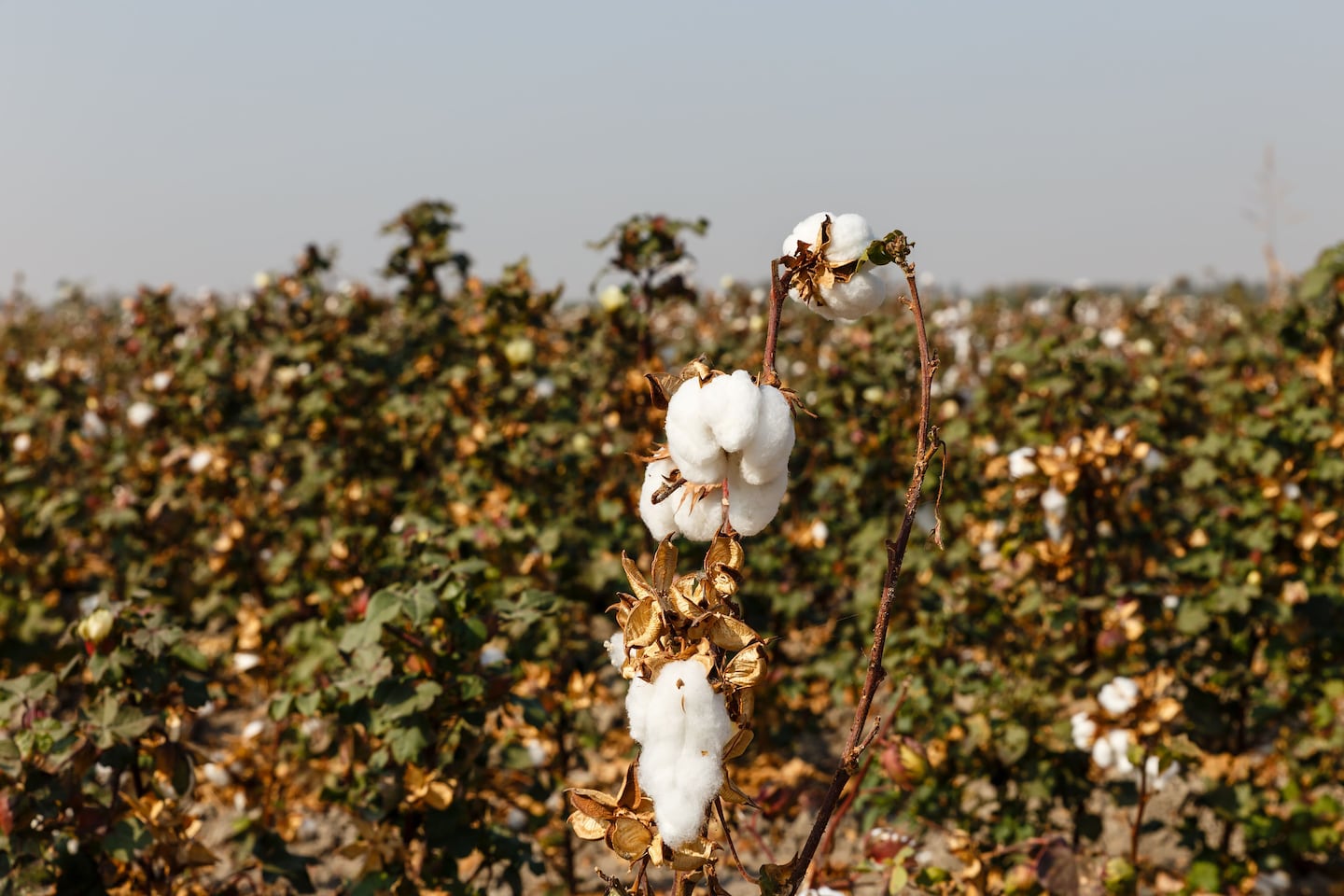
The Business of Fashion
Agenda-setting intelligence, analysis and advice for the global fashion community.

Agenda-setting intelligence, analysis and advice for the global fashion community.

A coalition of retail trade associations, human-rights organisations and investor groups has ended its global boycott of cotton from Uzbekistan, citing a breakthrough in the elimination of systematic child and forced labour from the nation’s cotton fields.
The move by the Cotton Campaign coincides with the release of a report by the Uzbek Forum for Human Rights, which found Uzbekistan was now “almost entirely” able to harvest cotton without coercion.
For the first time in 11 years of monitoring there was no state-sanctioned modern slavery during the most recent cotton harvest, which the report described as a “landmark achievement” that could help open Uzbekistan’s textile industry to international markets.
The improvements are a result of growing mechanisation, increasing wages for cotton pickers, the abolishment of state regulation of cotton production and sales, and effective communication by the central government of its policies prohibiting modern slavery in cotton fields.
ADVERTISEMENT
The Uzbek Forum’s findings dovetail with those of the International Labour Organization, the UN agency announced earlier this month that roughly two million children and half a million adults have been removed from coerced labour since government reforms began.
More than 330 brands and retailers, including Adidas, Gap, H&M and Zara owner Inditex, have signed the Cotton Campaign’s Uzbek Cotton Pledge Against Forced Labour since the dragooning of teachers, students, doctors, engineers and others to harvest cotton made headlines in 2009.
“Due to the improvements [that] the independent monitors have observed, the Cotton Campaign announces [that] we are lifting the pledge and ending our call for a global boycott of Uzbek cotton,” said Patricia Jurewicz, co-founder of the Cotton Campaign. “Now it will be up to individual companies to do their own assessments of risks and make their own policy and sourcing decisions.”
But the Uzbek Forum’s report also warned that several factors still threaten the “long-term durability” of the hard-won progress, including the lack of freedom of association for independent monitoring and reporting of labour-rights violations.
Learn more:
After Covid, PCR Tests Are Coming For Cotton
The idea of being able to trace the cotton in a garment to its geographic source with a simple test is seductive and possible in theory. But making it a reality requires overcoming some big challenges.
This week’s round-up of global markets fashion business news also features Latin American mall giants, Nigerian craft entrepreneurs and the mixed picture of China’s luxury market.
Resourceful leaders are turning to creative contingency plans in the face of a national energy crisis, crumbling infrastructure, economic stagnation and social unrest.
This week’s round-up of global markets fashion business news also features the China Duty Free Group, Uniqlo’s Japanese owner and a pan-African e-commerce platform in Côte d’Ivoire.
Affluent members of the Indian diaspora are underserved by fashion retailers, but dedicated e-commerce sites are not a silver bullet for Indian designers aiming to reach them.